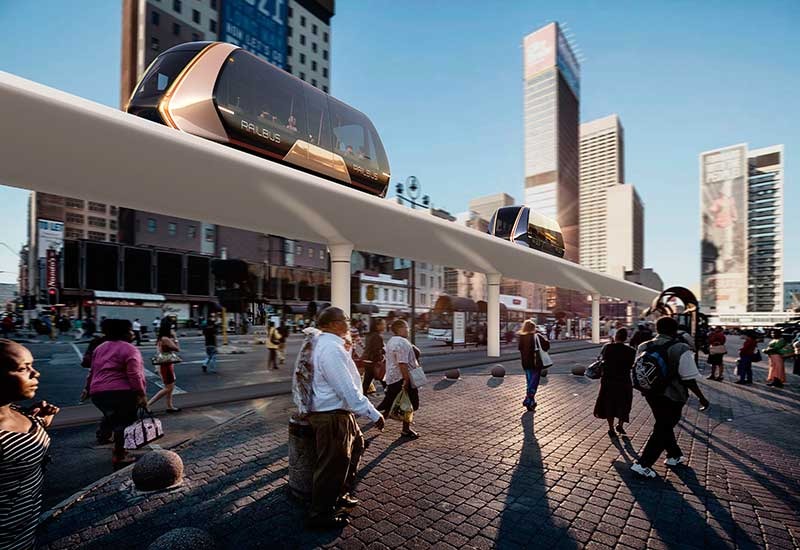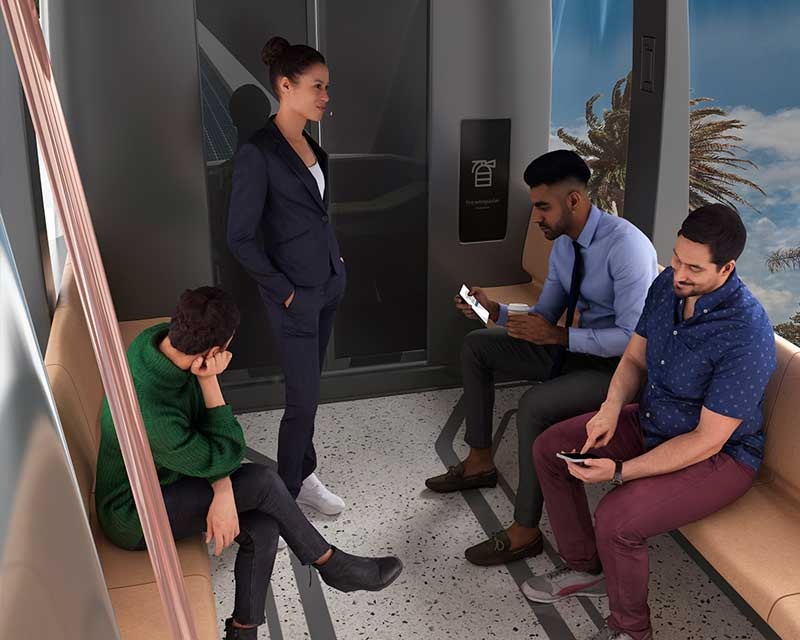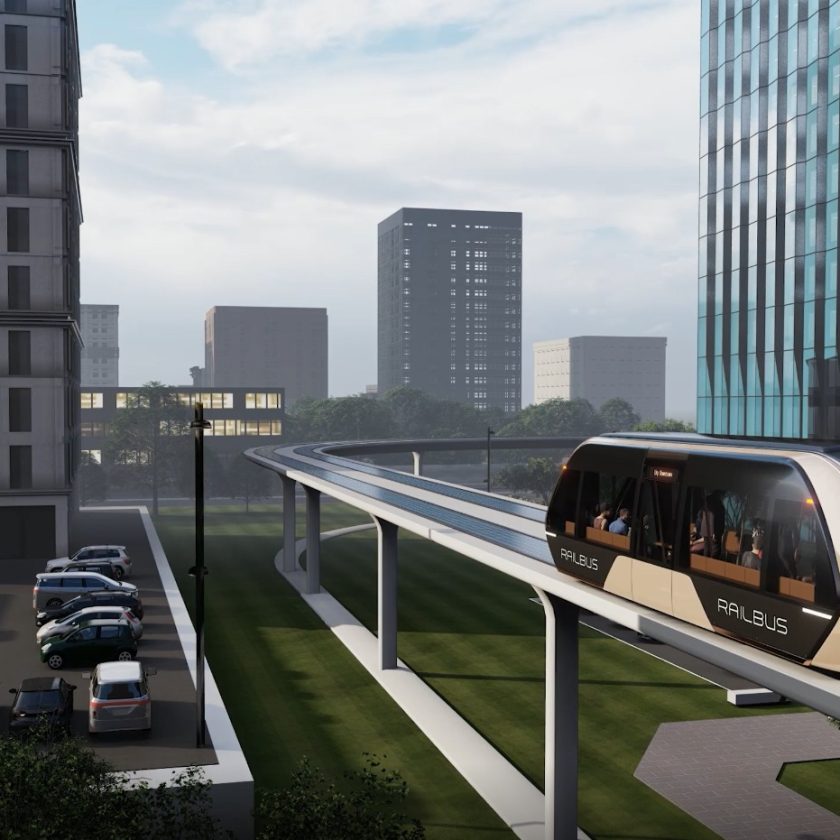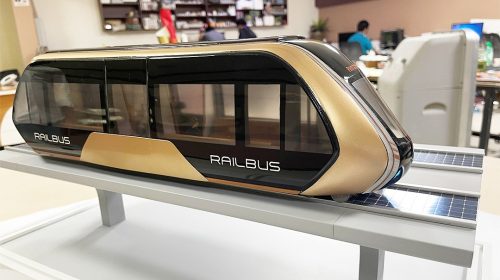Karachi, Pakistan – As Karachi grapples with escalating traffic congestion and pollution, the introduction of RAILBUS services promises a significant improvement in the city’s urban transportation system. This innovative solution is set to transform the mobility, environment, and economy of Pakistan’s largest metropolis.

Easing Traffic Congestion
Traffic congestion is a daily ordeal for Karachiites, with overburdened roads leading to frequent jams and long commute times. RAILBUS services offer a solution by providing an efficient and reliable public transportation alternative. Operating on dedicated tracks with scheduled services, RAILBUS can swiftly and comfortably transport a large number of passengers, reducing the dependence on private vehicles and alleviating road congestion.

Environmental Benefits
Karachi’s air quality has been deteriorating due to high levels of vehicular emissions. RAILBUS services, which often utilize electric or hybrid technology, can play a crucial role in reducing air pollution. By encouraging a shift from road-based transport to RAILBUS, the city can achieve a significant decrease in emissions, fostering a healthier and more sustainable urban environment.

Economic Impact
The economic advantages of RAILBUS services are substantial. Improved public transportation enhances productivity by shortening commute times and facilitating easier access to workplaces. Furthermore, better connectivity to commercial areas can boost local economies, increasing business activities. The development and operation of RAILBUS infrastructure also generate employment opportunities, from construction to operational roles.
Social Benefits
Beyond economic and environmental gains, RAILBUS services can improve social equity in Karachi. Providing reliable and affordable public transportation ensures greater mobility for all citizens, including those from lower-income groups who may not own private vehicles. This inclusivity promotes access to essential services such as education, healthcare, and employment, thereby enhancing the overall quality of life.
Integration with Existing Systems
For RAILBUS to be effective, it must integrate seamlessly with Karachi’s existing transportation network. Connectivity with major bus routes, railway stations, and other transit hubs is essential. Integrated ticketing systems and coordinated schedules will facilitate smooth transfers between different modes of transport, making the overall journey more convenient for passengers.
Challenges and Considerations
Implementing RAILBUS services comes with challenges, including securing significant investment for infrastructure development. Careful urban planning is needed to ensure route alignment maximizes coverage and accessibility while minimizing disruptions. Public awareness and acceptance are also crucial for the success of RAILBUS, as its effectiveness relies on attracting and retaining a substantial user base.
Conclusion
The introduction of RAILBUS in Karachi presents a transformative opportunity to address the city’s transportation challenges. By reducing traffic congestion, lowering emissions, boosting the economy, and promoting social equity, RAILBUS can significantly enhance the quality of life for Karachi’s residents. As the city continues to grow, embracing sustainable transportation solutions like RAILBUS is imperative for building a more resilient and prosperous urban future.






